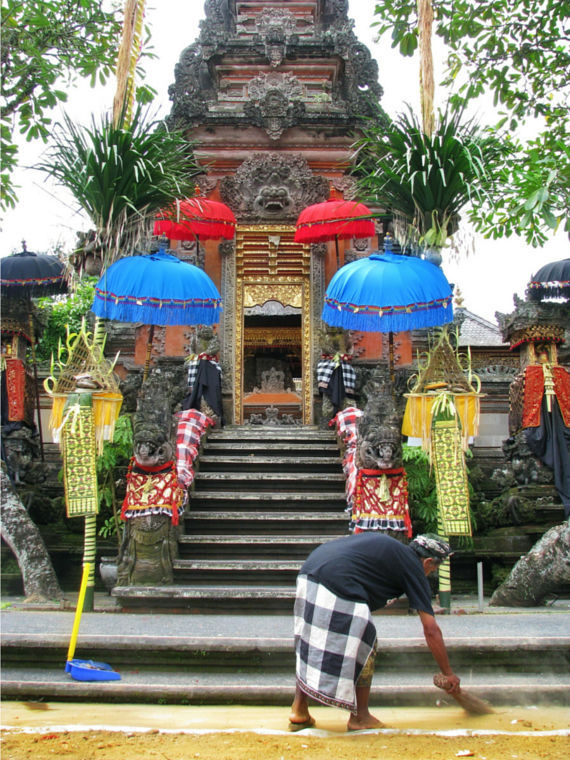If you live in the United States, you might not be familiar with Diwali. This Indian festival has recently been gaining traction around the world, but has not yet achieved a significant foothold in the U.S. Yet for Hindus and others who trace their heritage to India, Diwali is every bit as significant as Christmas is to Christians and Hanukkah is to Jews. Thankfully, every year brings more and more public Diwali celebrations to the United States.

What Is Diwali?
Diwali is a five-day harvest celebration that originally marked the last harvest of the year. The biggest parties and events are held on the third day of the festival. As its date is based on the Hindu lunar calendar, Diwali is a moveable holiday that typically falls between the middle of October and the middle of November.
In the agricultural society of ancient India, Diwali was the end of the fiscal year. People closed out the year’s accounts and sought the blessings of Lakshmi, goddess of wealth, for a successful new fiscal year. India has grown and evolved dramatically, but Diwali still marks the rollover to the new financial year.
What Is the Story of Diwali?
There are actually several legends associated with Diwali, depending on the region of India from which the storyteller hails. Those who identify with Jainism or Sikhism have different legends than those of Hindu faith. But all of the stories share a common thread—the triumph of good over evil.
What Are the Five Days of Diwali?
Modern Diwali celebrations are a blend of ancient traditions and modern fun. Not everyone strictly observes these traditional activities for each day of the festival, so feel free to celebrate as it makes sense for you. However, if you are feeling ultra-traditional, here is a list of the classic daily routines:
- Day One—House Cleaning: Although it might not feel particularly festive, an important theme of Diwali is clearing out the remnants of the old year to make room for the new. Scrubbing the house from top to bottom and then shopping for new gold or silver utensils is an important part of many people’s celebrations.
- Day Two—Home Decorating: On the second day of Diwali, families work together to decorate their homes with clay lanterns or candles known as diyas. This is also the time to create elaborate rangoli artwork on the floors using colored sand, powders, or rice.
- Day Three—Close Relatives: This is the major feast day of Diwali, and a time for close relatives to gather at someone’s home. Although some people choose to dine out, preparing elaborate foods to share is much more common, especially amongst those who enjoy traditional celebrations. All the diyas are lit, prayers are offered to Lakshmi, and after-dinner fireworks displays are customary.
- Day Four—Extended Family and Friends: The fourth day of Diwali is dedicated to friends and extended family members. People go visiting from house to house, bearing gifts and best wishes. Meals or snacks are typically offered by the host, and everyone takes turns hosting each other.
- Day Five—Siblings: In traditional Indian culture, women typically do not leave their parents’ home until they are married. Consequently, day five of Diwali is traditionally a time for brothers to visit their married sisters at home. Although times have changed, the last day of Diwali is still an excellent time for adult siblings to get together and enjoy some special bonding.
How Else Is Diwali Celebrated?
Although it is, in many ways, reminiscent of Hanukkah or Christmas celebrations, Diwali is an intensely personal holiday. Each family has its own favorite Diwali foods, its own preferred rangoli patterns, and its own collection of diyas. Even the myths and legends vary from storyteller to storyteller.
Street festivals, artistic performances, and other public celebrations are widely available. Some people enjoy dining out and visiting public events, while others prefer to cook their own foods and spend time at their own homes or those of their family and friends. Many enjoy attending public fireworks displays, while others hold small backyard shows.
With so many different possibilities, Diwali festivities can take whatever form you like. As long as you celebrate the festival of lights by spending time with your loved ones, you can join in the Diwali fun.
At Dynamite Fireworks, we don’t only sell top-quality, name-brand fireworks. We also provide the information you need to know to use them responsibly, legally, and safely. If you have any questions or concerns, give us a call at (219) 937-4090. We look forward to becoming your one-stop shop for all your fireworks needs!

